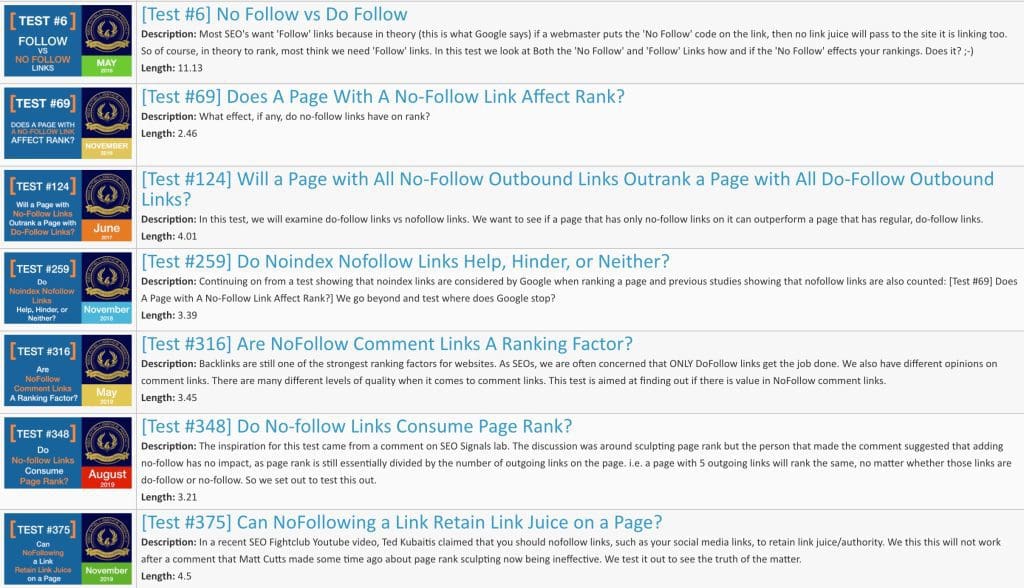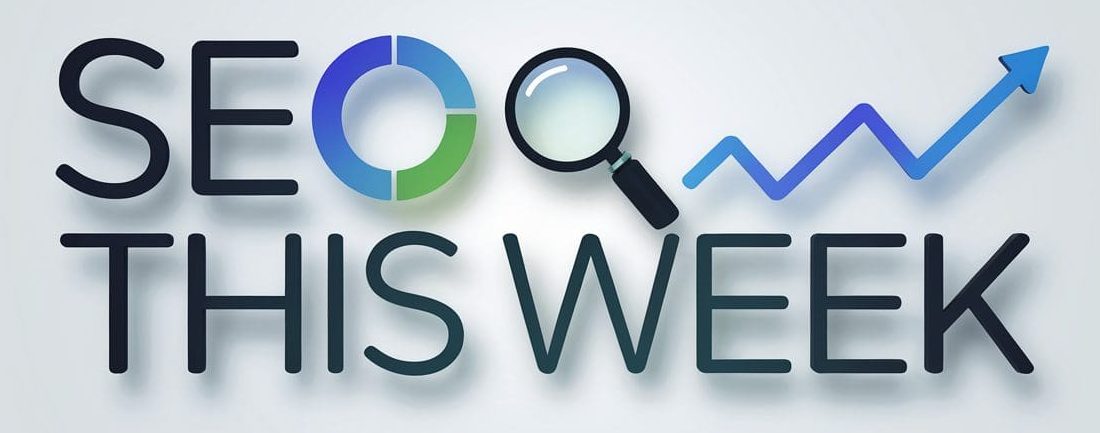For those of you not familiar with the SEO space just yet, the question of whether nofollow links are a ranking factor can spur on a whole lot of debate.
The purists in the crowd believe that having rel=”nofollow” on your backlinks negates their value. Thus, they don’t help your rankings.
While others say that nofollow links certainly do help your rankings.
Many believe this will be a continuing argument for years to come.
But where has all the confusion come from?
The writers at Search Engine Journal seemed to want to jump into the fray with their latest post on the topic.
Back in 2019 Google created two new relationships for links, USG (user-generated content) and Sponsored, while keeping nofollow.
They changed the documentation for nofollow to indicate that the relationship would now be used a “hint”. While Google has since removed that language from the documentation, there are still some internal sources who cited it.
Specifically, Gary Illyes made it point to point out that new language.
Focus on the other part: nofollow became a hint. Ugc and sponsored are icing on top of that cake, and it's one of those things where you don't have to do anything if you don't want to. If you want to help us understand the web better, implement them. If you don't want to, don't.
— Gary 鯨理/경리 Illyes (@methode) September 11, 2019
Some of that language still remains in the announcement post from 2019.
When nofollow was introduced, Google would not count any link marked this way as a signal to use within our search algorithms. This has now changed. All the link attributes—
https://developers.google.com/search/blog/2019/09/evolving-nofollow-new-ways-to-identifysponsored,ugc, andnofollow—are treated as hints about which links to consider or exclude within Search. We’ll use these hints—along with other signals—as a way to better understand how to appropriately analyze and use links within our systems.
Now, here is where things get tricky.
Google’s documentation says that a nofollow link will not help with rankings.
rel="nofollow": Use this attribute for cases where you want to link to a page but don’t want to imply any type of endorsement, including passing along ranking credit to another page.
However, the new documentation says that they are used as “hints” about which links to consider.
Meaning, we as webmasters and SEO’s can use the relationship modifiers to signal Google’s algorithms on how we think those links should be handled, but they are not set in stone functions that eliminate or include link juice from passing to a target site.
We know this because we’ve seen the testing on the subject of nofollow links.

We’ve also tested UGC and Sponsored links.

With the nofollow tests, we know that Google’s algorithm was using the links to increase the ranking of a page. We also know that that only happened if the link was set to be allowed to index. In other words, if a link was set to noindex nofollow, then it wouldn’t pass juice. Otherwise, it would.
We also know, through testing, that UGC tagged links do not pass juice. Furthermore, sponsored links, do not pass juice.
Can all this change? It totally can, Google can change if they are being used or not if they pass juice or not, and how important they are as factors. But right now, nofollow links are being used for ranking purposes by Google.


Get disqus